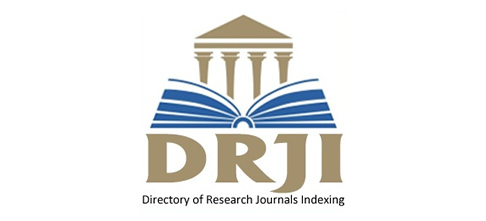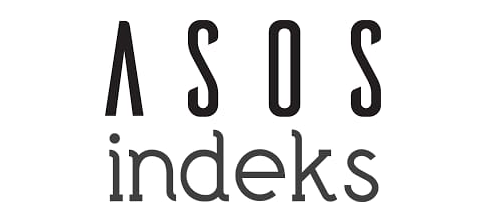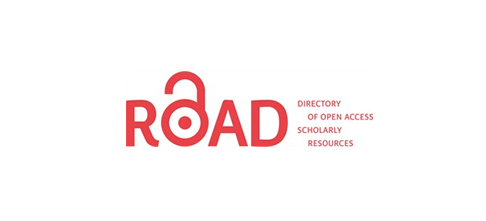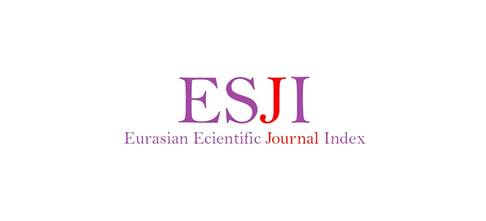The Bangsamoro Impasse: Islamic Extremism, State Violence, and Other Spoilers to the Peace Process
30.01.2023 | Pınar KADIOĞLU , Rikard JALKEBRO
Özet
Filipinler hükümeti ile Moro halkı arasındaki çatışma, sürdürülebilir bir barışa ulaşma ihtimali olmadan, yarım yüzyılı aşkın bir süredir devam etmektedir. Çatışmanın sürekliliğine ilişkin uluslararası algı; İslam Cemiyeti (JI), El Kaide ve Irak Şam İslam Devleti (IŞİD) gibi daha büyük cihatçı örgütler ile de bağlantıları bulunan, şiddet yanlısı yerel kökdendinci İslami örgütlere odaklanmış olsa da; esasen çok daha karmaşık olan çatışmanın gerçekliği, yüzyıllardır süren sosyo-ekonomik marjinalleştirme, mülksüzleştirme, yerinden etme, ayrımcılık ve siyasi temsil eksikliği ile bağlantılıdır. Bu makale, Filipinler Cumhuriyeti'nin 1946 yılında kuruluşundan bu yana süregelen Moro isyancı gruplar ile hükümet arasındaki çatışmanın öncelikle temel sebeplerini, sonra da çatışmanın aktörlerini ve yapısını zaman içerisinde dönüştüren sosyo-ekonomik ve siyasi gelişmelerin ayrıntılı tarihsel analizini sunmaktadır. Analiz ayrıca, bölgede cihatçılığın etkisi, barışa yönelik süregelen devlet politikaların tutarsızlığı, ve devlet yönetim kültürünün şiddet yanlılığı ve yozlaşma içermesi gibi önemli öğelere dikkat çekerken; Bangsamoro barış sürecinde çıkmaza girilmesinin sebebinin, yerel sosyo-kültürel, siyasi ve ekonomik gerçeklikleri gözardı eden Liberal barış inşaa süreci olduğunu ortaya koymaktadır.
Anahtar Kelimeler
Kaynak Göster
Kadıoğlu, P. ve Jalkebro, R. (2023). Bangsamoro Çıkmazı: Köktendinci İslami Gruplar, Devlet Şiddeti ve Barış Sürecini Bozan Diğer Unsurlar. Terörizm ve Radikalleşme Araştırmaları Dergisi, 2(1), ss. 74-110, DOI: http://dx.doi.org/10.29228/trad.20

















